So, Lilinova of Tresterville lived another day.
She went to bed the night of her supposed death with a mixture of emotion, which culminated in a restless sleep.
And she woke up still alive and still in her beautiful room.
Then she lived another day. And another.
A routine developed. Lili would wake up, eat breakfast in the kitchen—or with Sybella when the girl could be bothered to wake up before noon—and go about her life.
The kitchens were comforting and warm, the friendliest place in the castle by far, and the servants and staff who saw her in the halls would offer her smiles and greetings.
Her whole life lay out ahead of her like a red carpet, and the unknown of it would have scared a lesser person. But Lilinova was finding out what she was capable of. And everything from saddling a horse, asking for breakfast, doing a live concert, and lying her way past enemy lines had all seemed scary before she did them.
Scariest of all was the way her life satisfied her.
With the notable exception of not seeing the Duke or Sybella very much, Lili’s new life as resident musician was everything she had dreamed.
Every time she saw the Duke—and Sybella, if they were unlucky—she would be hustled away by Amedeo. Only a day ago, Lili wouldn’t have minded that particularly much, but now when he saw her, the Duke would bow his head respectfully. Though he wouldn’t smile, he also didn’t scowl at her anymore.
Sybella, who picked her battles with Amedeo wisely, would grimace and reach for Lili dramatically with both hands as she was ushered away. She would whine piteously, but Amedeo would insist she had something to do and Lili would be left alone.
So the only problem with Lili’s charmed new life in Neilsland was Amedeo.
Other than that wrinkle, Lili had the whole world at her fingertips, and once she gathered her courage (and got directions from the head chef, who smiled with age-old smile lines when Lili asked), she wore a knee-length skirt that swished when she walked and comfortable walking shoes to set off to explore the city.
She refused to be isolated, whether Amedeo liked it or not. She would never be locked in another castle—trapped and bored and lonely—ever again!
She was a person, not a princess, and therefore when she stepped out the main gates, the castle staff bobbed polite bows to her and let her pass.
Lilinova was free.
Neilsland as a city was an engineering marvel of gridded streets that were well paved with light-colored stone and routinely marked with excellent signage. The avenues were named things like “Acapella” and “Brass,” with cross streets numbered and marked by baskets of growing fragrant flowers blooming on the signposts next to wicked oil lamps that Lili was sure would light up the streets in a warm orange glow. Every other intersection was marked with a beautiful fountain in a square made with benches and cloth awnings.
The city was designed for the people. Even supposedly magical undercover princesses like Lili.
Wherever Lili walked, the scent of bread, flowers, and fresh water followed. The laughter of children heralded toddlers splashing in fountains, and children at market stalls learning to identify vegetables. Lili found many instances of children left unattended to run rampant through the clean, wide streets.
It was the song of prosperity that Lili had never heard before.
And then the hard crash of a piano key broke through everything, sending some errant doves flying away in offended shock.
Lili heard uproarious laughter and a merchant pushing a cart of candies on sticks trundled by, grinning at her before he moved to the next square.
In his wake, a gaggle of children had found a piano set rather deliberately in a square where the fountain should be. It was as though the piano had been left to fill the void where the splashing of water should have been.
Lili drifted closer, delighted to find that the piano’s placement was more than deliberate: it was planned! The piano was built into the center of the square, its bench made of stone and the attached floor tiles smoother and more leveled than anywhere else, for better acoustics. A pergola protected it from rain and the children had clambered all over little stone steps that served as small-scale amphitheater seating around it, giving the impression of a presentation area.
The harsh clangs were the poor piano keys being slammed haphazardly by at least three children—one of whom noticed Lili immediately. She was small, maybe four years old, with curly red hair and bright blue eyes. She took one look at Lili and Lili knew she had been made.
“You play the piano?” The little girl forcibly shoved two other—larger—children off the piano and the stool respectively, before scooting to the side and patting the now open space next to her.
Lili made her way through the gaggle, unaccustomed to the way children got underfoot and in the way.
She sat gingerly in front of the ivory keys, feeling as though it was the first time she had seen such an instrument. The keys were worn but in good condition, the finish on the legs and cover dulled or rubbed away entirely. It was the first time she had seen an instrument well loved without being well maintained or well known, even. It was humbling, and Lili took a moment to acknowledge the heart in the instrument in front of her.
The little girl impatiently slammed both her hands on the piano. Her “playing” made such a racket that the other children burst out laughing again while Lili’s ears rang.
“I play the piano, too,” the girl said proudly when Lili could hear herself think again.
“Do you like it?” Lili smiled when the girl nodded seriously. “Shall I teach you a song?”
Immediately the clamoring of the children reached a fever pitch. Shouts for children’s songs about lamb chops, custard, clues, mail, and even snowmen were shouted directly into Lili’s ears from all sides.
Which was about when she remembered that she didn’t actually know any Nielsland songs.



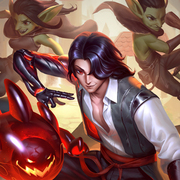
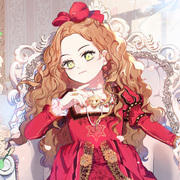
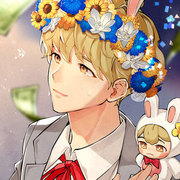
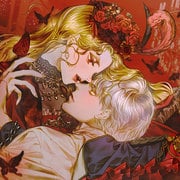
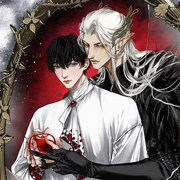


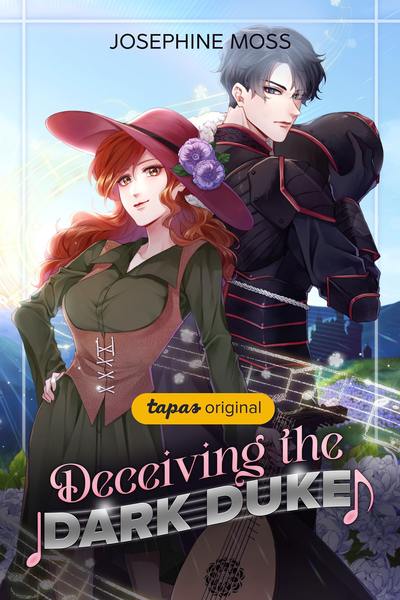
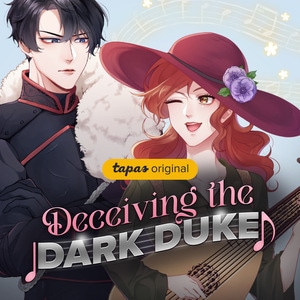
Comments (2)
See all